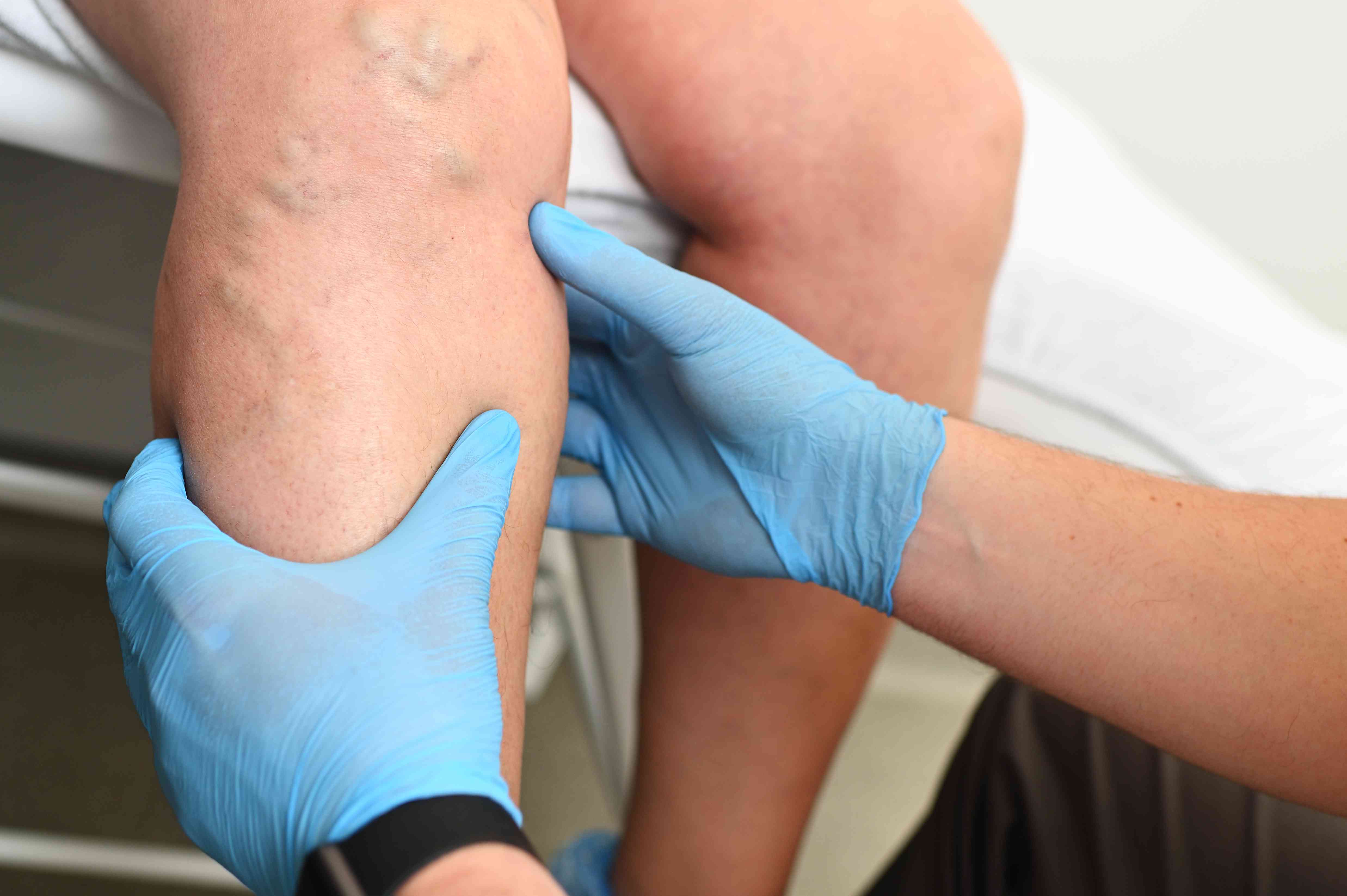What is high blood pressure?
Arterial hypertension is a permanent, non-occasional condition in which the resting blood pressure is higher than the standard physiological norm.
Arterial pressure, or arterial blood pressure, is the force that the blood exerts against the walls of the blood vessels, following the pumping action carried out by the heart.
Hypertension, arterial hypertension, and high blood pressure are three different ways to express the same state of alteration in blood pressure. It is a pathological condition characterized by the constant (not occasional) presence of resting blood pressure levels, hypertension is a state in which resting blood pressure is consistently higher than normal. In numerical terms, a person suffers from hypertension, when:
- The minimum blood pressure (or diastolic pressure) "constantly" exceeds the value of 90mm/Hg.
- The maximum blood pressure (or systolic pressure) "constantly" exceeds the value of 140mm/Hg.
Degrees of hypertension
There are different degrees of hypertension :
|
Guidelines for Blood Pressure |
|
| Normal blood pressure | Systolic: Less than 120 mm Hg Diastolic: Less than 80 mm Hg |
| Elevated blood pressure | Systolic: 120-129 mm Hg Diastolic: Less than 80 mm Hg |
| Stage 1 hypertension | Systolic: 130-139 mm Hg Diastolic: 80-89 mm Hg |
| Stage 2 hypertension | Systolic: 140 mm Hg or higher Diastolic: 90 mm Hg or higher |
| Hypertensive Emergency/Crisis | Systolic: Higher than 180 mm Hg Diastolic: Higher than 120 mm Hg |
High blood pressure causes
Doctors distinguish hypertension mainly into two broad types: essential or primary hypertension and secondary hypertension.
Primary high blood pressure causes
In essential hypertension, the constant increase in blood pressure is not attributed to a specific disease. However, it depends on a variety of factors, some unknown, others of a genetic nature, and still others of an environmental nature.
Primary hypertension is the result of a combination of different situations.
According to the most reliable studies, the possible factors implicated in the appearance of essential hypertension include:
- Genetic predisposition to high blood pressure
- Family with high blood pressure
- Certain eating habits, such as the use of too much salt to season food, the consumption of large quantities of coffee, and the reduced intake of vitamin D.
- Advanced weight
- Sedentary lifestyle
- Some hormonal imbalances
- Depression
Secondary hypertension causes
Secondary hypertension is the constant increase in blood pressure, at the origin of which there is a specific circumstance/ condition, which can be:
- A serious heart disease
- A serious kidney disease, such as chronic kidney disease and glomerulonephritis.
- Sleep apnea syndrome
- Renal artery stenosis
- The use of certain drugs, like NSAIDs, nasal and oral contraceptives, and some antitussives.
- Abuse of alcoholic substances
- Smoking
Complications of high blood pressure
Inadequately treated hypertension leads to damage to the blood vessels; mainly identified in atherosclerosis, this vascular damage hurts the blood supply to the body's organs, which, due to the inefficient blood supply, are themselves victims of damage.
Serious complications can arise from a prolonged presence of hypertension, such as:
- Heart attack and stroke: They are two serious medical conditions resulting from the hardening and thickening of the arteries, two characteristic phenomena of atherosclerosis.
- Aneurysm: Rupture of an aneurysm is a highly lethal condition
- Heart failure: Hypertension calls the heart to work harder. This increased work by the heart leads to the thickening of the myocardium.
- Kidney-related issues: Renal blood arteries may weaken or narrow as a result of high blood pressure. This may cause harm to the kidneys.
- Alterations to understanding or memory: Uncontrolled hypertension can impair one's capacity for thought, memory, and learning.
Treatment for high blood pressure
Treatments for high blood pressure include medication and lifestyle modifications. Based on your blood pressure readings, the reasons behind your high blood pressure, and any underlying diseases, your healthcare professional will recommend a course of treatment.
A change in lifestyle to reduce blood pressure
Modifying your way of life can aid in the management and control of high blood pressure. Your doctor might advise you to alter your lifestyle in one of the following ways:
- Consuming a diet low in salt that is heart-healthy
- Engaging in regular exercise
- preserving a healthy weight or decreasing body mass
- reducing alcohol intake
- abstaining from smoking
- Sleeping for seven to nine hours every day
Occasionally, altering one's lifestyle is insufficient to control high blood pressure. Your healthcare professional might suggest medication to decrease your blood pressure if they are ineffective.
Prescription drugs that reduce blood pressure
When beginning treatment, the "first-line" (most effective and frequently prescribed) blood pressure medication classes are as follows:
- Inhibitors of the angiotensin-converting enzyme (ACE) prevent the body from producing the hormone angiotensin II, which is normally used to control blood pressure. The medication prevents your blood arteries from narrowing when it blocks angiotensin II.
- The same hormone is prevented from attaching to blood vessel receptors by angiotensin II receptor blockers (ARBs). ARBs prevent blood arteries from constricting in the same manner as ACE inhibitors.
- Calcium channel blockers allow your blood vessels and heart muscle cells to relax by preventing calcium from entering them.
- Diuretics, sometimes known as water or fluid pills, drain out excess sodium from the body, lowering blood fluid levels. Diuretics are frequently taken with other medications for high blood pressure, sometimes in a single dose.


